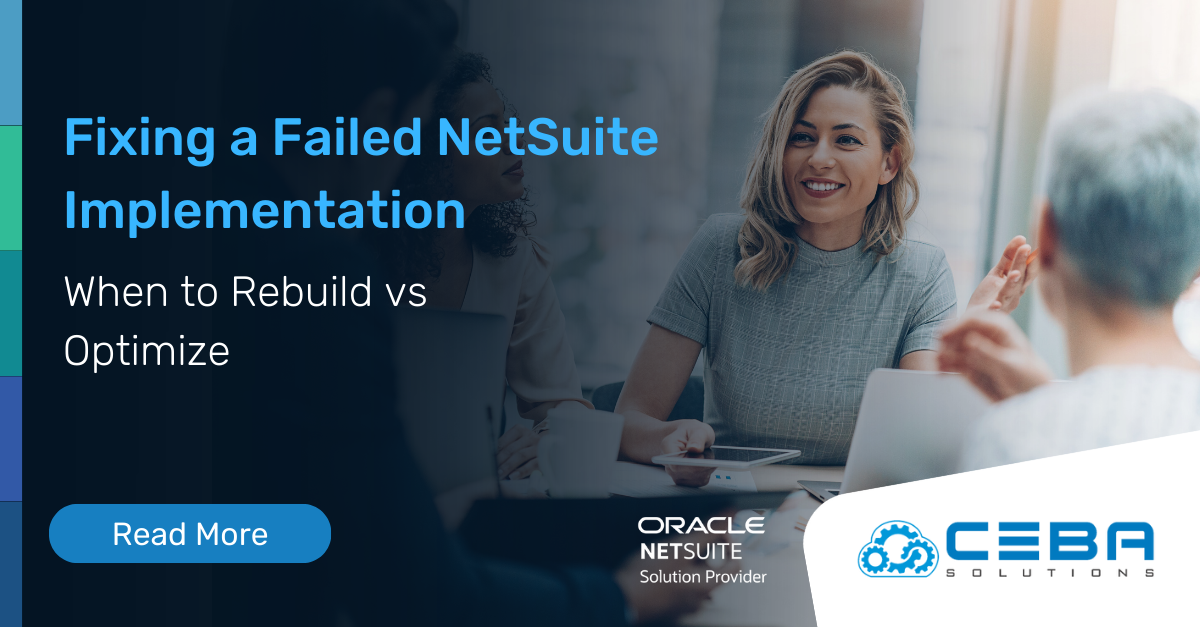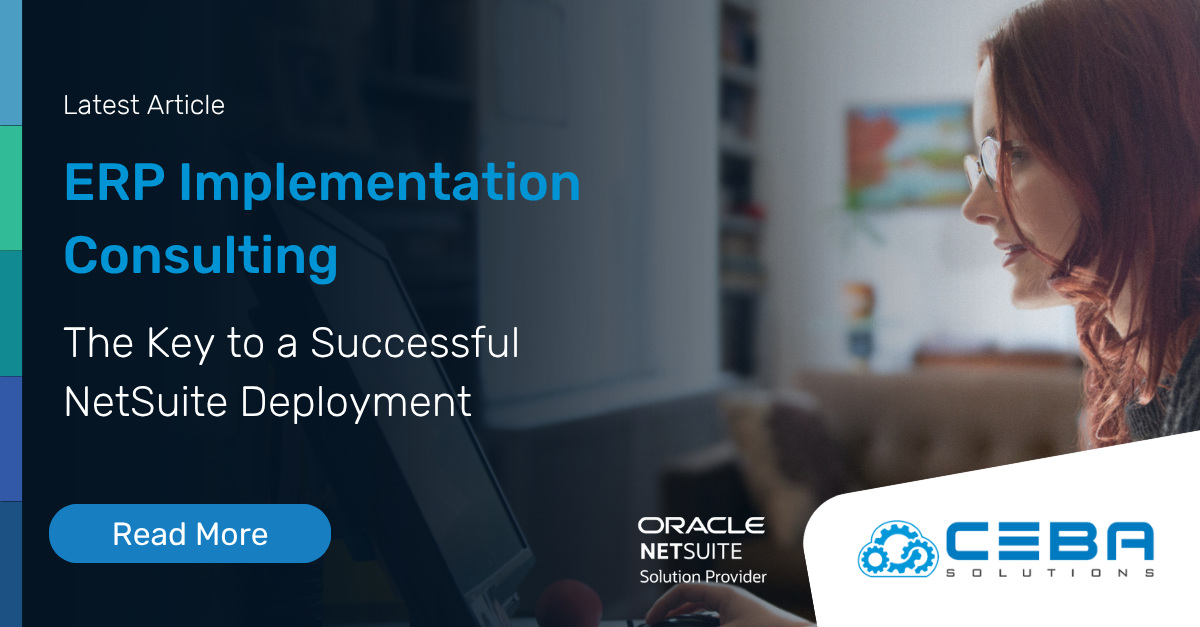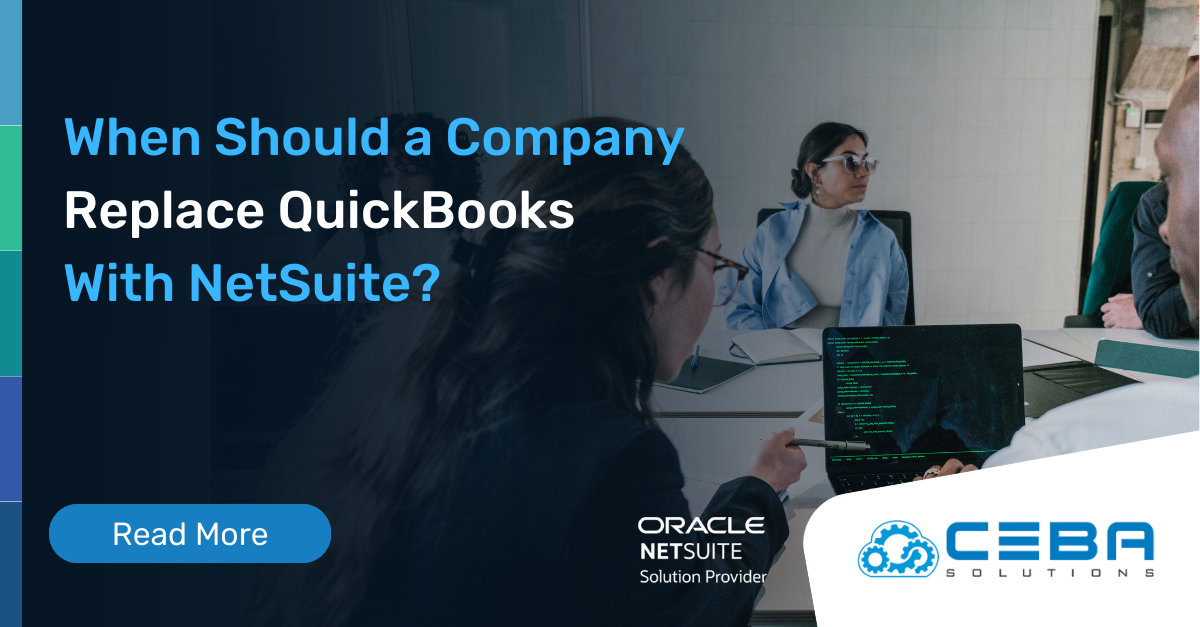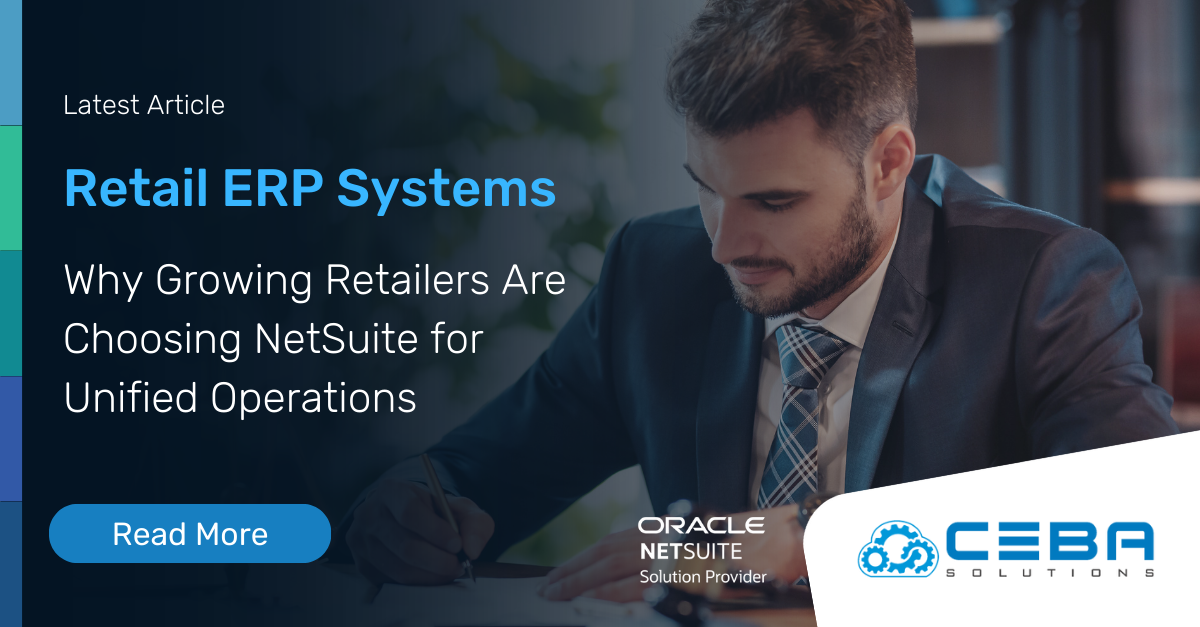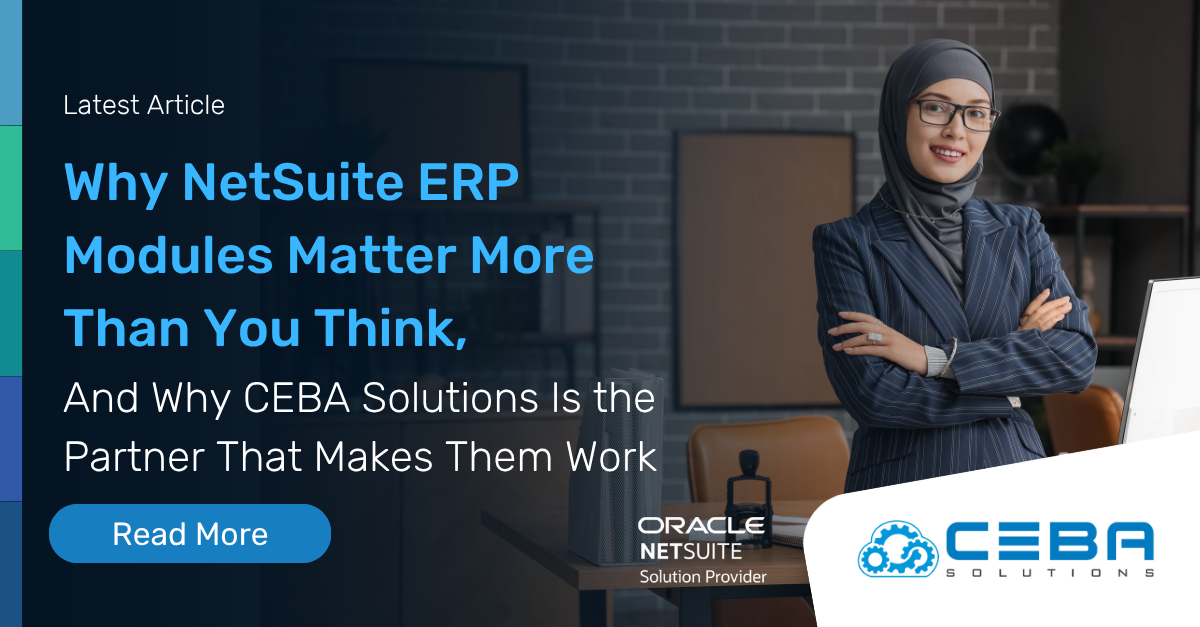
Managing Project Costs with ERP in Oilfield Services
Managing Project Costs with ERP in Oilfield Services
Welcome to our in-depth exploration of optimizing project cost management through Enterprise Resource Planning (ERP) in the context of the oilfield services industry. As a project based business, we recognize the complexities associated with maintaining effective project cost control for sustainable profitability. This article aims to shed light on how ERP solutions can bring transformative improvements to your cost management processes.
Throughout this article we will explore the capabilities of ERP systems and their direct relevance to project cost management in the oilfield services sector. The focus will be on the tailored features of ERP designed to cater to the specific requirements of this industry.
We will also offer insights into selecting an appropriate ERP solution, ensuring seamless implementation, and navigating common challenges that may arise during the process.
Understanding ERP and its Benefits
ERP stands for Enterprise Resource Planning. It is a software system that integrates various business functions and processes into a single unified platform. ERP allows organizations to manage and automate core activities such as finance, procurement, inventory, human resources, and project management, among others.
Benefits of ERP in Project Cost Management
Implementing an ERP system for project cost management in the oilfield services industry offers several significant benefits:
Centralized Data
ERP enables the consolidation of project cost data from multiple sources into a single database, providing a holistic view of project costs.
Automation and Efficiency
Manual data entry and repetitive tasks can be automated, saving time and reducing the chance of errors. This leads to increased efficiency in project cost management processes.
Real-time Insights
ERP provides real-time data and reporting, allowing stakeholders to access up-to-date information on project costs, budgets, and expenditures.
Improved Collaboration
ERP facilitates seamless collaboration among project teams, enabling better communication and coordination between different departments and stakeholders.
Enhanced Cost Control
With ERP, organizations can track and monitor project costs effectively, identify cost variances, and implement corrective actions. This ensures better cost control throughout the project lifecycle.
Better Decision-making
ERP offers powerful analytics and reporting capabilities, enabling organizations to analyze project costs, identify trends, and make data-driven decisions.
Scalability
ERP systems can easily scale to meet the changing needs and growth of the organization, accommodating increasing project complexities and requirements.
Standardization
ERP provides a standardized framework for project cost management, ensuring consistency and adherence to best practices across the organization.
By leveraging the benefits of ERP in project cost management, oilfield services companies can optimize their project costs, improve profitability, and gain a competitive edge in the industry.
In the next section, we will explore the key features of ERP for project cost management in more detail.

Managing Project Costs with ERP in Oilfield Services
Download Here!
"ERP systems are a game-changer for project cost management in the oilfield services industry. They centralize data, automate tasks, and provide real-time insights, enabling better decisions and boosting profitability." — Zabe Siddique, President of CEBA Solutions.
Key Features of ERP for Project Cost Management
When it comes to managing project costs, an ERP (Enterprise Resource Planning) system can be a game-changer for oilfield services companies. ERP software provides a comprehensive set of tools and features that allow businesses to effectively plan, track, and control project expenses.
Project Budgeting and Planning
Budget Consolidation
ERP systems enable companies to consolidate project budgets across various departments and divisions, providing a centralized view of overall project costs.
Budget Forecasting
ERP software allows businesses to create accurate forecasts by analyzing historical data, market trends, and project-specific variables.
Resource Allocation
With ERP, project managers can efficiently allocate resources, such as manpower, equipment, and materials, ensuring optimal utilization and cost control.
Expense Tracking and Control
Real-time Expense Tracking
ERP systems provide real-time visibility into project expenses, allowing businesses to track costs as they occur and take corrective actions, if necessary.
Automated Expense Approval
ERP software streamlines the expense approval process, ensuring adherence to company policies and reducing the risk of fraudulent claims.
Invoice Management
ERP enables companies to manage vendor invoices effectively, automating the approval, verification, and payment process, reducing processing time and minimizing errors.
Resource Allocation and Optimization
Resource Planning
ERP systems facilitate effective resource planning, helping companies assign the right resources to the right projects at the right time, reducing delays and costs.
Workforce Optimization
With ERP, businesses can manage employee schedules, track labor costs, and allocate manpower efficiently, avoiding overstaffing or understaffing situations.
Inventory Management
ERP software allows companies to optimize inventory levels by providing real-time visibility into stock levels, reducing carrying costs and minimizing stockouts.
Real-time Reporting and Analysis
Dashboard and Analytics
ERP systems offer customizable dashboards and reporting tools that provide real-time visibility into project costs, profitability, and performance metrics.
Data Visualization
ERP software enables businesses to analyze project data visually through charts, graphs, and interactive dashboards, making it easier to identify cost-saving opportunities and make data-driven decisions.
Integrations
ERP can integrate with other software solutions such as accounting, CRM, and project management systems, streamlining data flow and eliminating manual data entry.
Selecting the Right ERP Solution for Oilfield Services
Choosing the right ERP solution for your oilfield services business is a critical step towards effective project cost management. With so many options available in the market, it can be overwhelming to find the perfect fit for your specific needs. However, by considering a few key factors, you can streamline the selection process and ensure that you make an informed decision. Here are some tips to help you select the right ERP solution for your oilfield services:
Identifying the Specific Needs and Requirements
Before diving into the selection process, it's crucial to identify your specific needs and requirements. Every oilfield services business is unique, and what works for one may not work for another. Take the time to assess your current project cost management practices and identify areas where an ERP solution can bring significant improvements. Some questions to consider are:
- What are the pain points and challenges you currently face in project cost management?
- What specific features and functionalities do you require to address these challenges?
- Are there any industry-specific requirements or regulations that need to be adhered to?
By clearly understanding your needs and requirements, you can narrow down your options and avoid wasting time on ERP solutions that don't align with your business objectives.
Considering Scalability and Integration
As your oilfield services business grows, so will your project cost management needs. Therefore, it's essential to choose an ERP solution that is scalable and can accommodate your future requirements. Scalability ensures that the software can handle increased data volume, users, and processes without any performance issues.
Additionally, integration with existing systems, such as accounting software, project management tools, and inventory management systems, is crucial for seamless data flow and optimization of business processes. Make sure the ERP solution you choose offers integration capabilities and has a proven track record of successful integrations with similar systems.
Evaluating Vendor Reputation and Support
The reputation and support of the ERP vendor play a significant role in the success of your implementation. Consider the following factors when evaluating potential vendors:
- How long has the vendor been in the industry?
- Do they have experience working with oilfield services businesses?
- What do their customers have to say about their products and services?
- Do they provide reliable customer support and regular software updates?
Choosing a reputable vendor with a strong support system ensures that you have access to timely assistance and that the ERP solution is reliable and well-maintained.
Cost and Return on Investment (ROI) Analysis
Budget is a crucial factor when choosing an ERP solution. It's important to consider both upfront costs and long-term expenses. Look beyond the initial purchase price and evaluate the total cost of ownership, including licensing fees, maintenance fees, customization costs, and any additional modules or functionalities you may require.
While it's essential to find a solution that fits your budget, don't compromise on functionality and quality. A cost-effective ERP solution that fulfills your needs can provide significant return on investment by improving project cost management efficiency, reducing errors, and streamlining processes.
Perform a thorough ROI analysis to assess how the ERP solution will help you achieve cost savings, improve productivity, and increase profitability. Consider factors such as time savings, reduction in manual data entry, improved cash flow management, and better decision-making capabilities.
By carefully considering these factors, you can select the right ERP solution for your oilfield services business that aligns with your specific needs, supports scalability and integration, comes from a reputable vendor, and offers a favorable return on investment.
"Choosing the right ERP solution is like laying the foundation for a skyscraper—you need something robust, scalable, and tailored to your specific needs, especially in the complex landscape of oilfield services. It's not just about initial costs; it's about long-term ROI, seamless integration, and vendor reliability." — Zabe Siddique, President of CEBA Solutions.
Challenges and Solutions in ERP Implementation
Implementing an ERP (Enterprise Resource Planning) system in any organization can be a daunting task. There are bound to be challenges along the way. However, with proper planning and the right strategies, these challenges can be overcome. Let's take a look at some common challenges faced during ERP implementation and their solutions:
Resistance to Change and User Adoption
Challenge: One of the biggest challenges in implementing an ERP system is resistance to change from employees. People are often resistant to adopting new software and processes, especially if they have been using traditional methods for a long time.
Solution: To overcome this challenge, it is crucial to involve employees from the beginning of the implementation process. Communicate the benefits of the ERP system and demonstrate how it will make their jobs easier and more efficient. Provide adequate training and support to help employees understand and adapt to the new system.
Data Cleansing and Standardization
Challenge: Another challenge is cleaning and standardizing data before migrating it to the new ERP system. Data inconsistencies and inaccuracies can lead to errors and inefficiencies in the system.
Solution: Prioritize data cleansing and standardization as part of the implementation plan. Identify and resolve data quality issues, such as duplicate entries and incomplete records. Use data cleansing tools and establish data governance processes to ensure data integrity.
Integration with Existing Systems
Challenge: Integrating the new ERP system with existing systems and applications can be complex. Incompatibility between systems may result in data discrepancies and operational inefficiencies.
Solution: Conduct a thorough analysis of the existing systems and identify integration requirements early in the implementation process. Work closely with vendors and IT teams to ensure seamless integration between the ERP system and other applications. Use middleware or APIs (Application Programming Interfaces) to facilitate data exchange between systems.
Technical Issues and Vendor Support
Challenge: Technical issues may arise during the implementation process, such as system configuration errors or software bugs. Inadequate vendor support can lead to delays in issue resolution.
Solution: Choose a reputable ERP vendor with a track record of providing reliable customer support. Establish a clear escalation path for technical issues and communicate it to all stakeholders. Conduct thorough testing of the system before going live to identify and address any technical issues beforehand.
ERP implementation can be a complex process, but by recognizing and addressing these challenges, your organization can have a smooth transition to the new system. Remember, proper planning, communication, and user involvement are key to successful ERP implementation.
Conclusion
Implementing an ERP solution for project cost management in oilfield services can greatly benefit your organization. By leveraging the right ERP software, such as NetSuite ERP, you can streamline your project cost tracking and control processes, optimize resource allocation, and gain real-time visibility into the financial status of your projects. This leads to improved decision-making, increased efficiency, and reduced costs.
Remember, when selecting the right ERP solution for your oilfield services, it's essential to consider your specific needs and requirements, scalability and integration capabilities, vendor reputation and support, and cost analysis. NetSuite ERP offers a comprehensive suite of modules for ERP, CRM, WMS, inventory management, project management, job costing, MRP, and OneWorld, making it an excellent choice for oilfield services.
By leveraging the power of NetSuite ERP, oilfield service companies can effectively manage project costs, improve operational efficiency, and achieve long-term success in their industry.
To learn more about how NetSuite ERP can benefit your oilfield services company, visit NetSuite's website.




